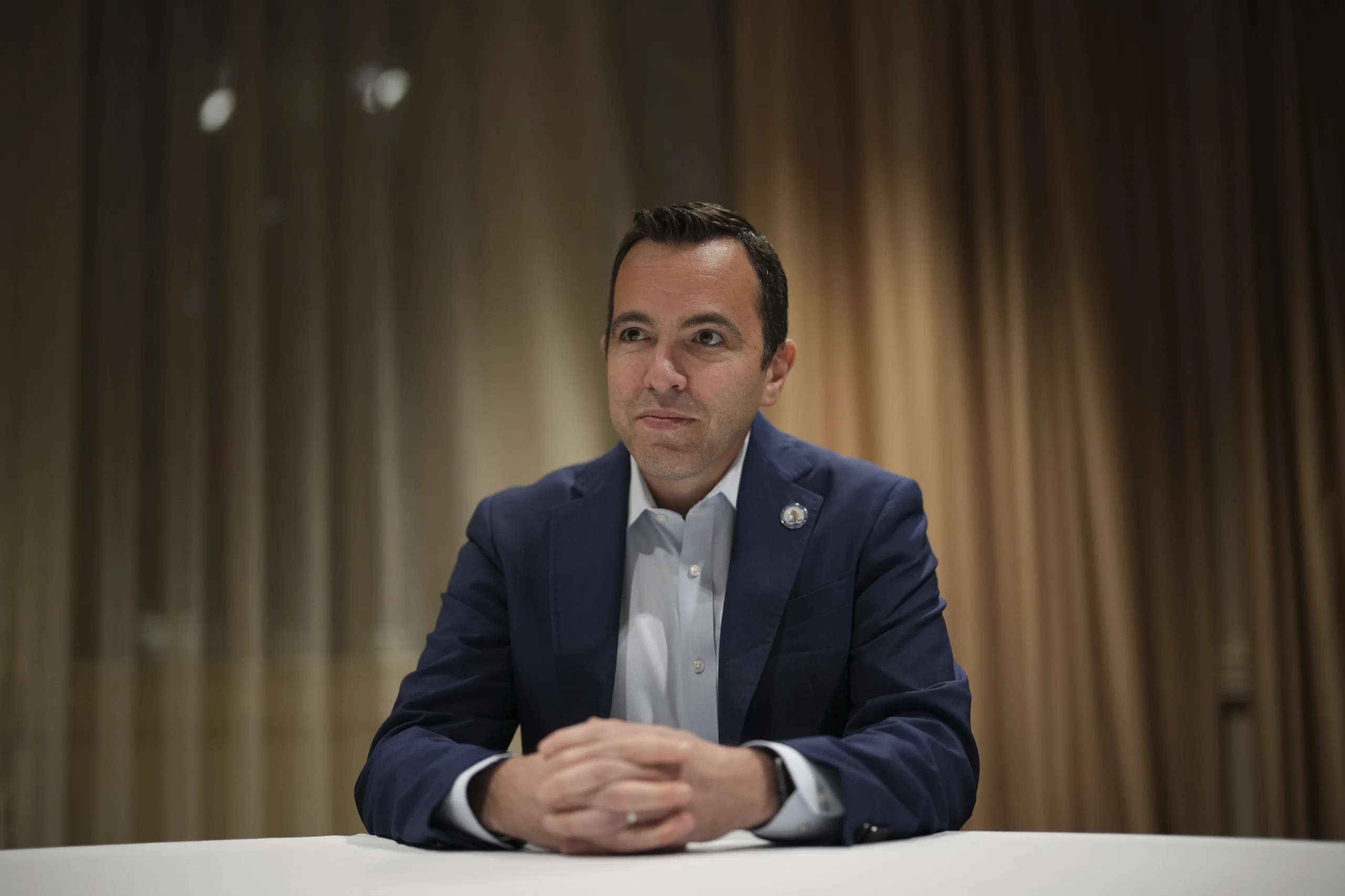Authors
Share
Background
Emergency contraception is an important component of medical care for rape survivors, and state attorneys general play a key role in ensuring that survivors can access this medication.
Emergency contraception, sometimes referred to as the “morning-after pill,” is a form of birth control that can reduce the risk of pregnancy by up to 95% if taken within five days after unprotected sex, including rape. For this reason, the American Medical Association, the American College of Obstetricians and Gynecologists, and the American Public Health Association all recommend that emergency contraception be offered to all rape survivors. In contrast, failure to provide information about, and access to, emergency contraception could force survivors to confront an unwanted pregnancy on top of the trauma they have already suffered.
Emergency contraception acts as all other forms of contraception do by preventing pregnancy before it occurs. But despite the medical consensus about the safety and efficacy of this medication, opponents of reproductive rights have suggested that emergency contraception should be understood as an “abortifacient” or abortion-causing drug. For instance, the plaintiffs in the Hobby Lobby case that went before the Supreme Court challenged the Affordable Care Act’s requirement that insurers cover contraception based on their personal belief that emergency contraception caused an abortion. Burwell v. Hobby Lobby Stores, Inc., 573 U.S. 682 (2014). Claims that conflate emergency contraception and abortion continue to be raised in numerous fora, legal and otherwise.
The confusion these claims sow can make it difficult for survivors of sexual assault to access emergency contraception. Pharmacists, for example, have refused to honor valid prescriptions for emergency contraception, and some healthcare institutions refuse to offer the medication, even to rape survivors.
Clarifications about the legal status of emergency contraception can help address this problem.
Role of State Attorneys General
State attorneys general play a crucial role in supporting survivors of sexual assault, including by facilitating access to emergency contraception. Consistent with their mandate to protect the well-being of their constituents, state attorneys general are uniquely positioned to interpret and enforce laws to provide accurate information to their constituents and the general public about emergency contraception. They can also administer crime victims’ support funds to cover the cost of this care and can partner with other law enforcement officials and medical providers to ensure survivors of sexual assault receive comprehensive medical treatment.
Legal guidance
Following the Supreme Court’s 2022 ruling in Dobbs v. Jackson, which eliminated the federal constitutional right to abortion and invited states to restrict many forms of reproductive healthcare, some healthcare providers have become uncertain about the lawfulness of offering emergency contraception as a treatment option. This uncertainty is unsurprising given the not infrequent claims that have been waged conflating emergency contraception with abortion-inducing medications. Attorneys general, as the chief legal officers in their jurisdictions, can help provide clarity and offer medical providers and patients guidance on the legality of emergency contraception.
State attorneys general can also provide legal guidance to state agencies that coordinate public safety officials, healthcare providers, victim advocates, and community organizations to support victims’ access to emergency contraception and ensure compliance with existing laws. In Pennsylvania, for example, the attorney general’s office reviewed and approved state health department guidelines that address coordination of emergency response services for rape survivors and specify that the state’s victim assistance program covers the costs of emergency
contraception.
Crime victims funds
A number of state attorneys general, such as in Oregon, Maine, Texas, and Iowa, manage crime victims funds, which can help survivors cover the cost of necessary medical care like emergency contraception.
Examples of State Attorneys General Actions
Below are some examples of the role state attorneys general have played in providing or restricting access to emergency contraception for survivors of rape:
- Oregon Attorney General Ellen Rosenblum manages the state’s crime victim services fund that helps victims cover crime-related costs, and through advisory committees and partnerships, helps shape best practices statewide and bring a diverse collection of voices to the issue of victims’ rights. The victims services fund expressly covers the costs of emergency contraception for rape survivors.
- Maine Attorney General Aaron Frey is responsible for administering his state’s Victim Compensation Program, which provides coverage of losses suffered by victims of violent crimes and their families. As part of this program, hospitals are eligible for reimbursement for services rendered during a forensic examination for sexual assault, including any medication given for the purposes of preventing pregnancy.
- Iowa Attorney General Brenna Bird announced in April 2023 that her office would suspend payments for emergency contraception for sexual assault victims. The decision came as part of a comprehensive audit of victim assistance that she initiated when she took office that January. The review aims to determine whether providing emergency contraceptives is an appropriate use of public funds. Records from the Attorney General’s Office indicate that payments for emergency contraception for nearly 70 sexual assault survivors had not been reimbursed, and Attorney General Bird said she intends to permanently stop these payments for sexual assault victims once the review is completed.
- Mississippi Attorney General Lynn Fitch in 2022 failed to respond to a request for clarification from nurses seeking guidance on whether emergency contraception remained legal. Following the Supreme Court’s Dobbs decision, nurses in Mississippi who provide care to sexual assault victims were concerned that the state’s newly effective abortion ban could prevent them from offering emergency contraception. The Attorney General’s failure to clarify the status of state law left the nurses worried about potential legal consequences and made them hesitant to offer contraceptive care for sexual assault victims.
The Leadership Center for Attorney General Studies is a non-partisan organization dedicated to educating the public about the important role state attorneys general play in addressing pressing issues, enforcing laws, and bringing about change.


